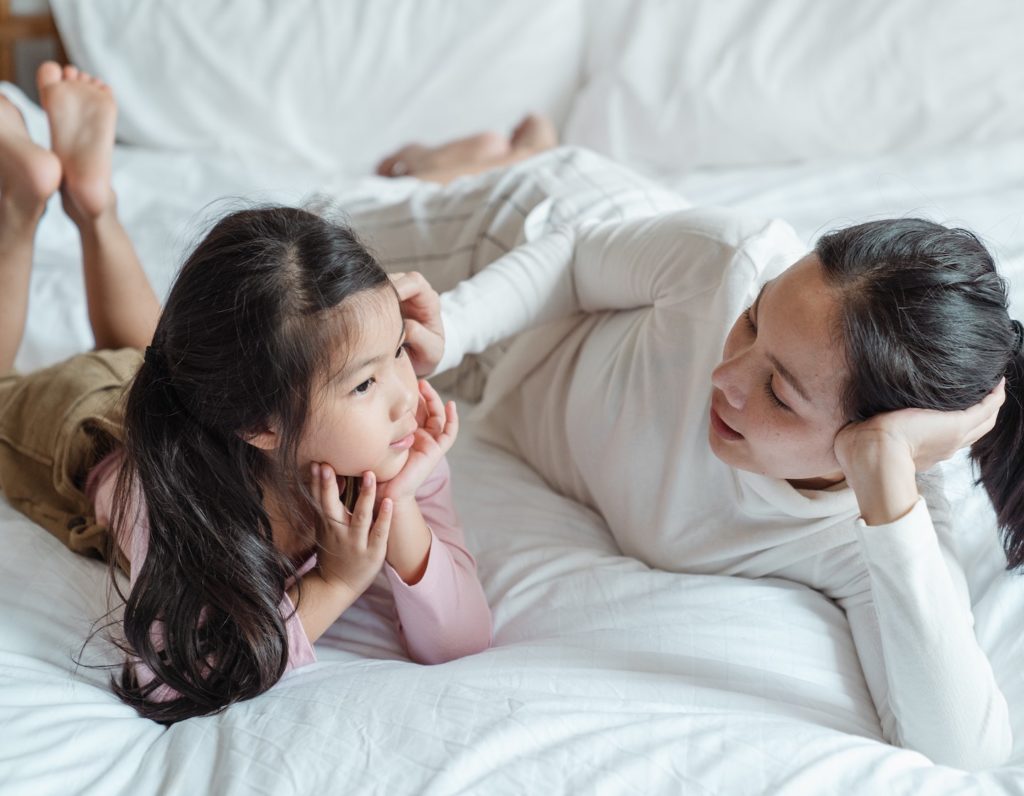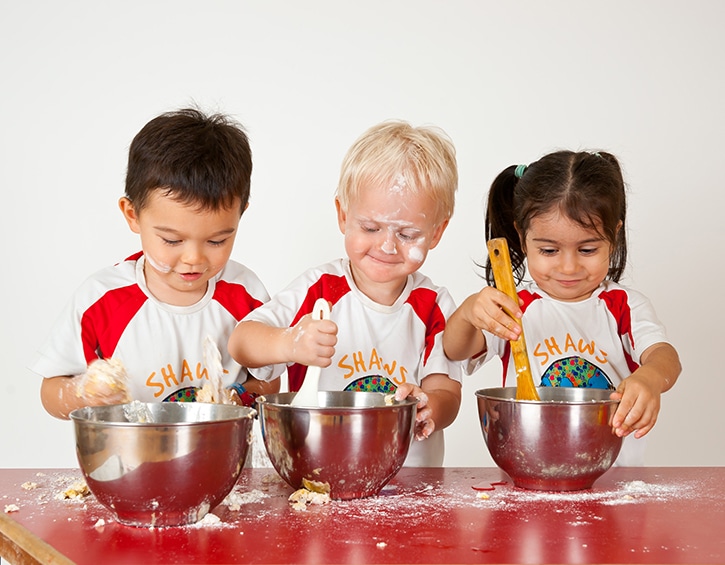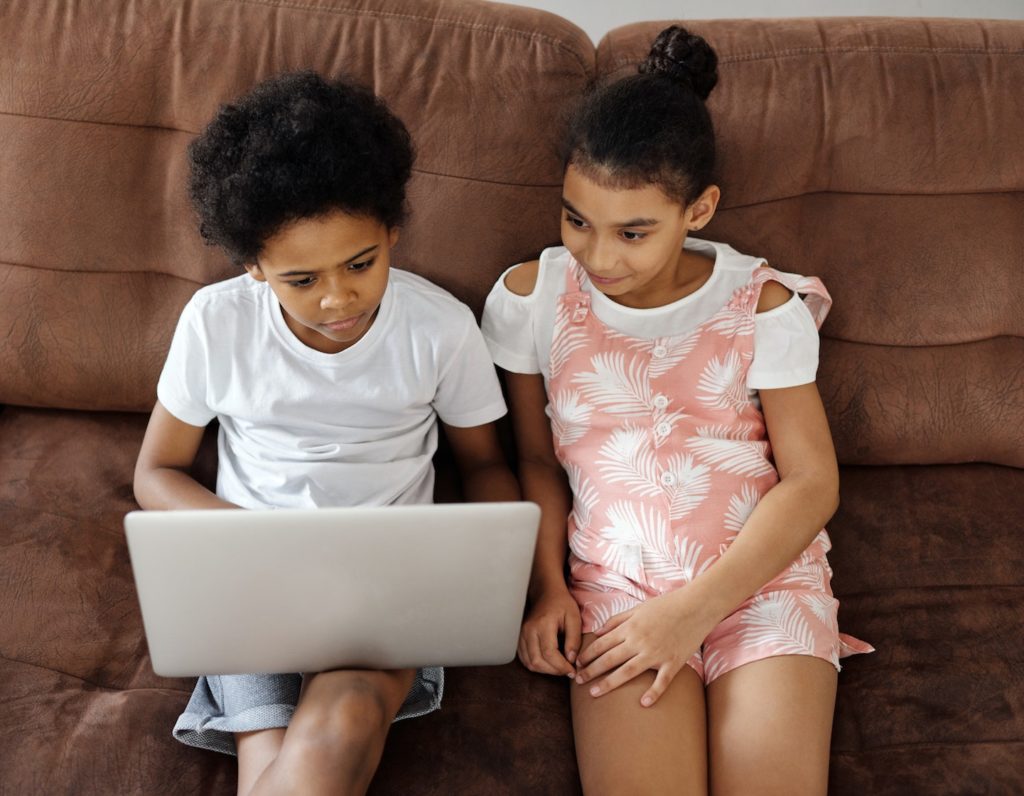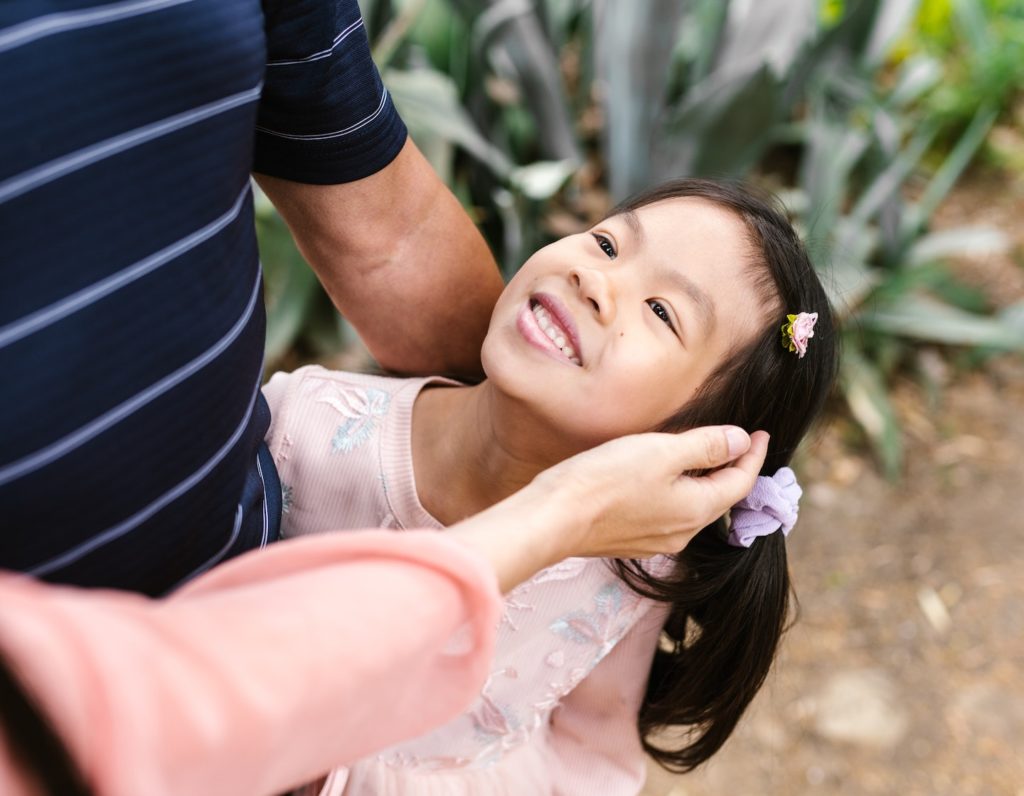

How are preschoolers coping with the constraints of the pandemic? Is the fact that teachers and children have to wear masks at preschool affecting their conversation skills, emotional cues and social skills?
The pandemic has been tough on parents, but what about the kids? We chat with ECDA Fellow, Dr Jacqueline Chung who shares how children are coping and adapting during the pandemic. Plus read on for some helpful tips for parents to help younger kids overcome challenges they may be facing with communication.


Children in preschools have adapted well to the Covid-19 restrictions. Preschoolers have grown used to wearing masks and continue to be vocal in expressing themselves. In fact, they even need to be reminded periodically to speak softly when they get excited!
Teachers have been putting in even more effort to build a trusting relationship with children. They are extra patient with them and reassure them regularly. Teachers have also been communicating with parents to find out how best they can understand and connect with their children. When parents share tips and insights into their children’s personalities, strengths and preferences, the teachers take note of these individual touches that can make a difference in helping the children settle down better.
What are some concerns that educators and parents have?
Teachers have noticed that for children who are new to the early childhood setting, their first experience of being away from home is now one where they are surrounded by unfamiliar adults and children whose faces are partially covered by masks. This does not help ease ‘stranger anxiety’ and is not the most ideal way for children to develop a sense of emotional security.
Teachers have also expressed that it is challenging to communicate effectively when they have their masks on as their voices are muffled. We do not recommend wearing a face shield as it does not offer sufficient protection unless there is adequate distance between the teacher and child.
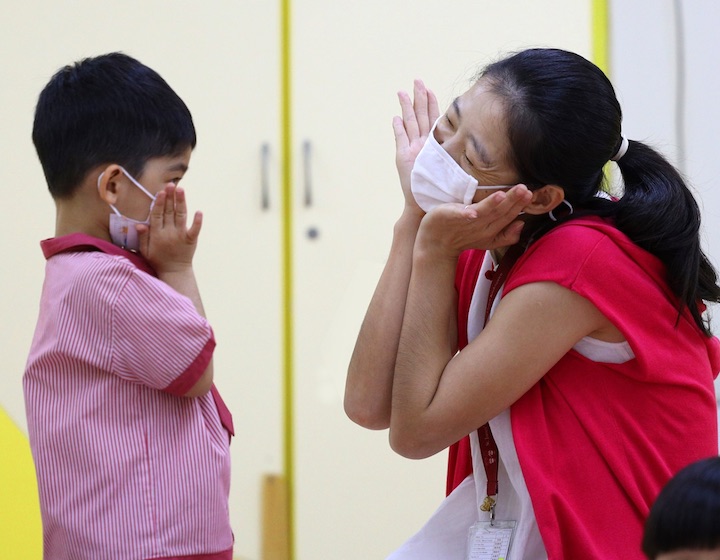

What are the issues involved?
Conversations are an integral part of young children’s development including social and emotional development. Conversations are the foundation for building relationships. This is how children get to know the thoughts and feelings of other children and adults, which helps to form many crucial areas of development. Without quality conversations, it is difficult for children to build meaningful relationships with others.
Visual cues are also important during social interactions. Children need to identify emotions and express themselves in response to these cues. While it has been challenging for children to read facial expressions, children are now paying more attention and observing people’s eyes to read their emotions. The absence of cues provided by the mouth (which is covered due to face masks) has now shifted to the eyes. The phrase, ‘the eyes are the window to the soul’, rings true more than ever before.
One 5-year-old said, “The eyes are big,” when describing how he knew that a person is shocked. Another told her teacher, “Your eyes are smiling,” as she identified the positive emotion emanating from her teacher’s half-masked face.
Apart from the eyes, children now also rely on body language and tone of voice to interpret the social and emotional cues of others.
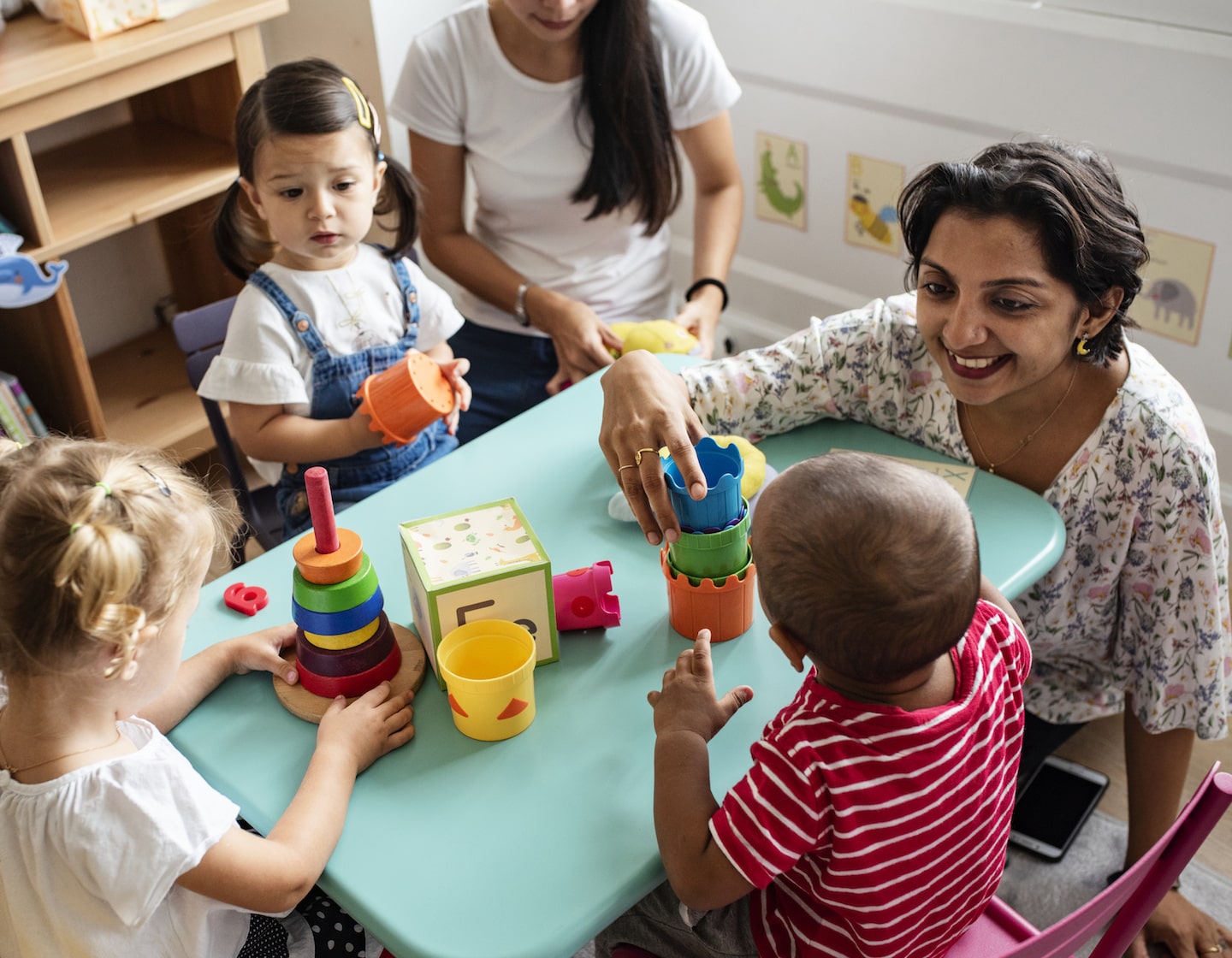

How can these challenges be overcome? What can educators and parents do to help?
1. Educators have observed that children’s ability to communicate and converse with others is related to their home environment. They mentioned that children whose parents regularly engage them in conversations are more vocal, and can better share their thoughts, ideas and feelings with others.
2. Teachers can encourage families to set aside pockets of time to have quality conversations with their children.
3. There may be fewer playdates but parents are encouraged to still arrange for their children to play with one or two friends each week through virtual sessions. Interactions and conversations are vital for healthy social and emotional development.
Read More: 12 Kids’ Activities to Play on Virtual Playdates
4. More parents have reached out to their child’s educators for strategies and parenting tips during the pandemic, which has created opportunities for more conversations between parents and educators. This has allowed for better communication between both parties as they have a clearer understanding of their children’s behaviour at home and in preschool.
Many thanks to Dr Jacqueline Chung, ECDA Fellow, and Academic Director of St. James’ Church Kindergarten and Little Seeds Preschool, for sharing her thoughts and advice.






 View All
View All



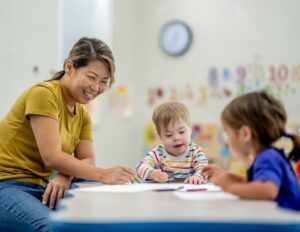

 View All
View All



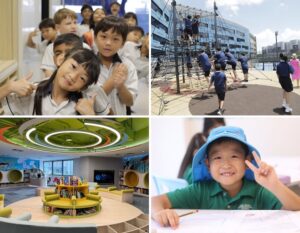
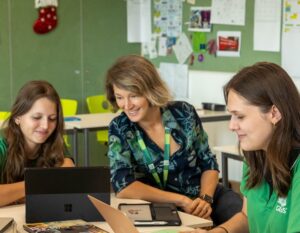


 View All
View All


